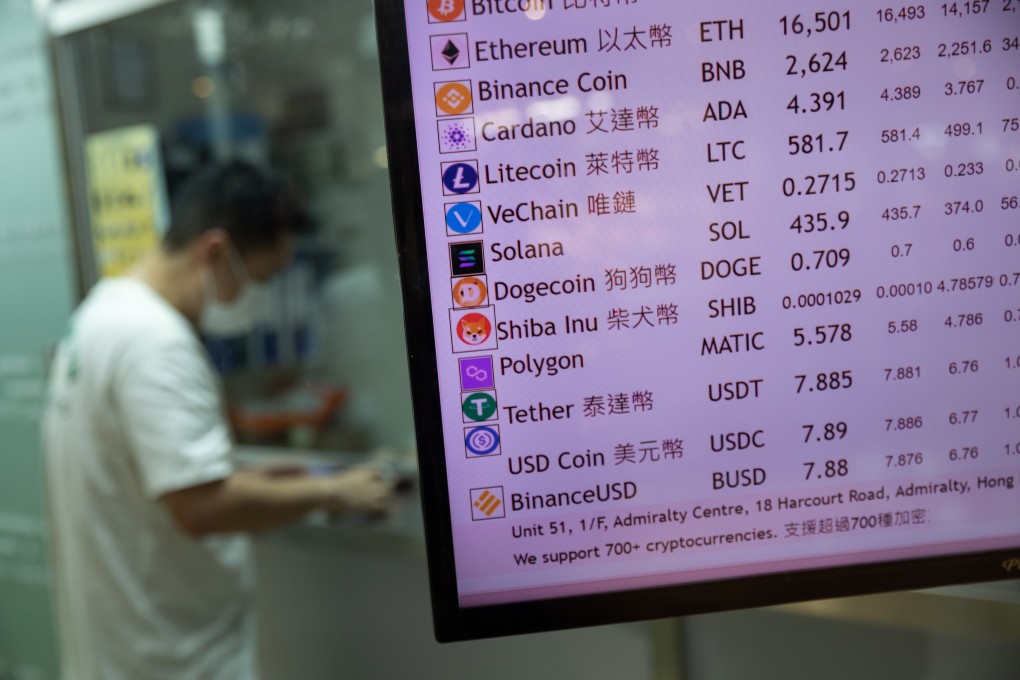Crypto, blockchain and NFT firms come to aid of Hong Kong’s business districts by creating demand for office space, study says
- Hong Kong’s vacancy rate could hit 17.7 per cent by 2025, a record high under normal circumstances, according to Savills
- Central and Sheung Wan have become target areas for such companies, Colliers executive says

New economy companies such as those related to cryptocurrencies, NFTs and blockchain are creating new demand for office space in Hong Kong, according to property consultancy Savills, providing some relief to a segment that has seen vacancy rates surge in recent months as multinational companies either vacate premises or reduce their footprint as part of Covid-19 measures.
“Many of these new start-ups, which have made substantial profits over the past few years, are being run by young talent and entrepreneurs,” Savills said in a new study. “This new generation favours modern and well-designed offices on the periphery of traditional business districts … with smaller floor plans and a much more contemporary feel, rather than more traditional grade A offices.”
Hong Kong’s office property segment has been mired in a downturn because of a switch to hybrid working arrangements at some firms and declining demand for office space as both locals and expats leave the city for various reasons, including emigrating to the UK under the fast-track British National (Overseas) passport scheme or fleeing the city’s strict Covid-19 travel curbs.
This trend has contributed to soaring vacancy rates in the city, with overall empty office spaces clocking in at 9.4 per cent of the total as of April, the same amount as March, but higher than February’s 9.1 per cent, according to JLL.

The city’s existing available office stock stands at 6.2 million sq ft and new supply until 2025 is likely to reach 11 million sq ft. With historical office absorption between 1.3 million sq ft and 2.7 million sq ft from 1991 to 2019, the vacancy rate could hit 17.7 per cent by 2025, a record high under normal circumstances, according to Savills.